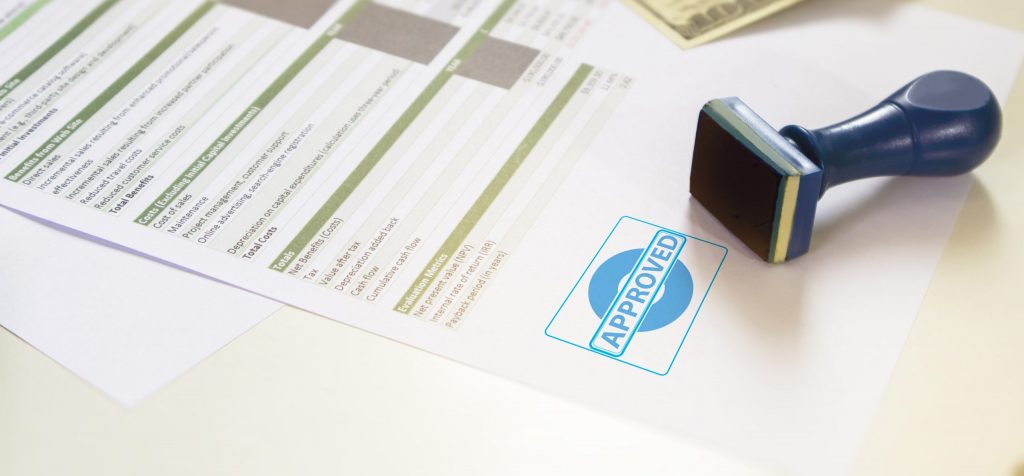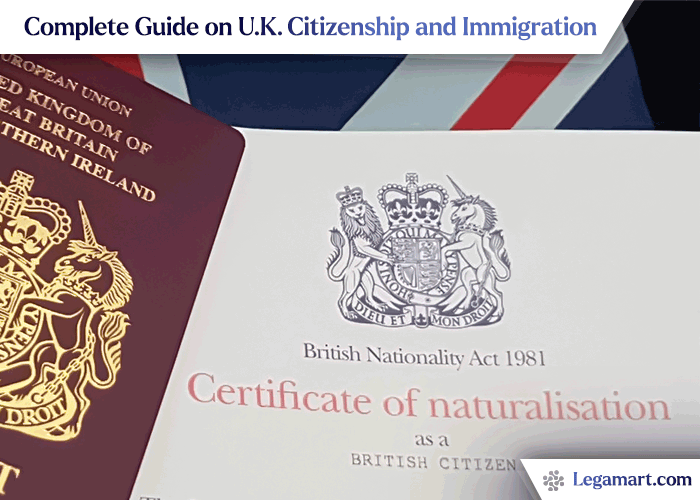There are various types of residency licenses available in the UK and China. Some common ones are:
In the UK:
Tier 1 (Entrepreneur) Visa: This visa is for entrepreneurs who want to start a new business or take over an existing one in the UK.
Tier 1 (Investor) Visa: This visa is for high net worth individuals who want to make a substantial financial investment in the UK.
Tier 2 (General) Visa: This visa is for skilled workers who have a job offer from a UK employer.
Tier 4 (Student) Visa: This visa is for students who want to study at a UK educational institution.
UK Ancestry Visa: This visa is for Commonwealth citizens who have a grandparent born in the UK.
Family visas: These visas are for family members of UK residents, including spouses, partners, children, parents, and other dependent relatives.
In China:
Work Z Visa: This visa is for foreigners who have been offered employment by a Chinese company.
Business M Visa: This visa is for individuals who want to visit China for commercial and trade activities.
Student Visa: This visa is for students who want to study at a Chinese educational institution.
Permanent Residence Permit: This permit is for foreigners who have made significant contributions to the Chinese economy or society.
Family Reunion Visa: This visa is for family members of Chinese citizens or permanent residents.
There are also other types of residency licenses available in both countries, depending on the specific circumstances of the applicant. Online legal platforms can provide guidance and assistance with determining which program may be best suited for an individual’s particular situation.













